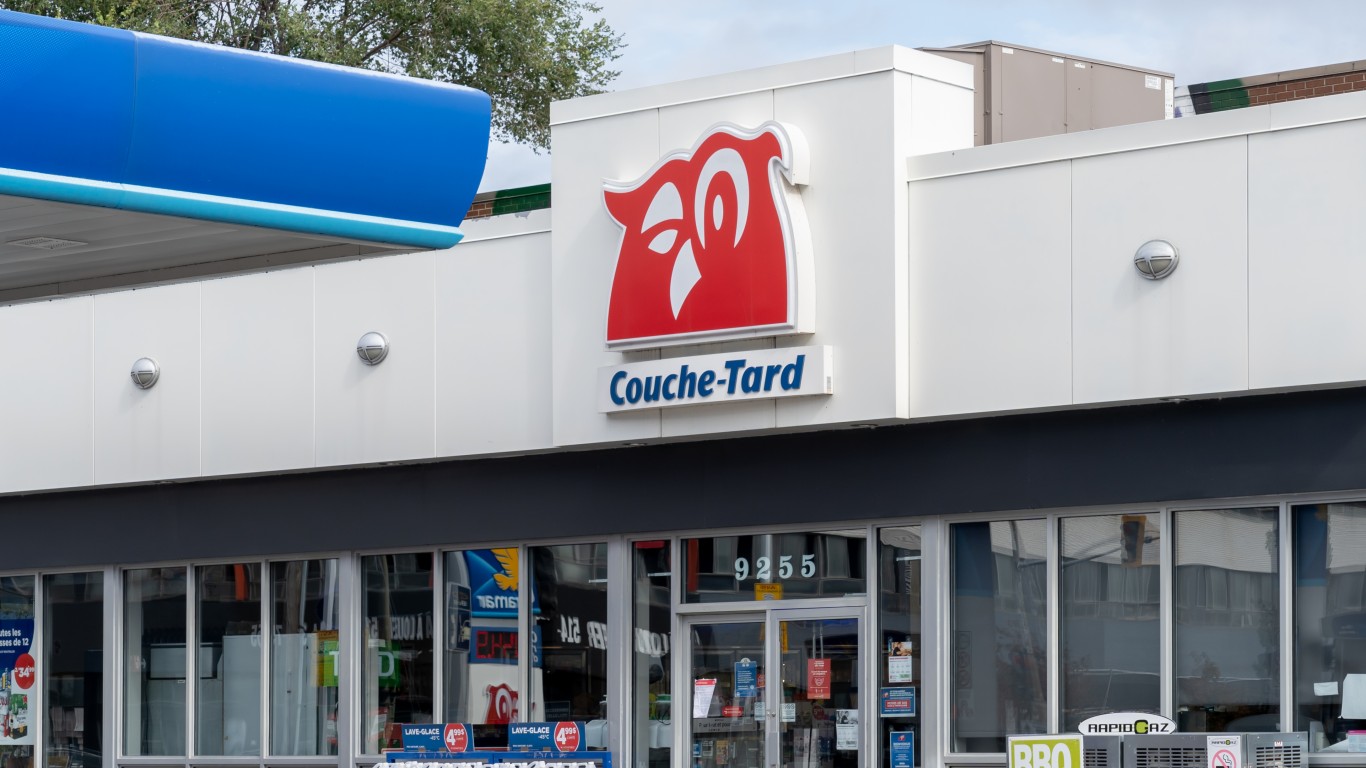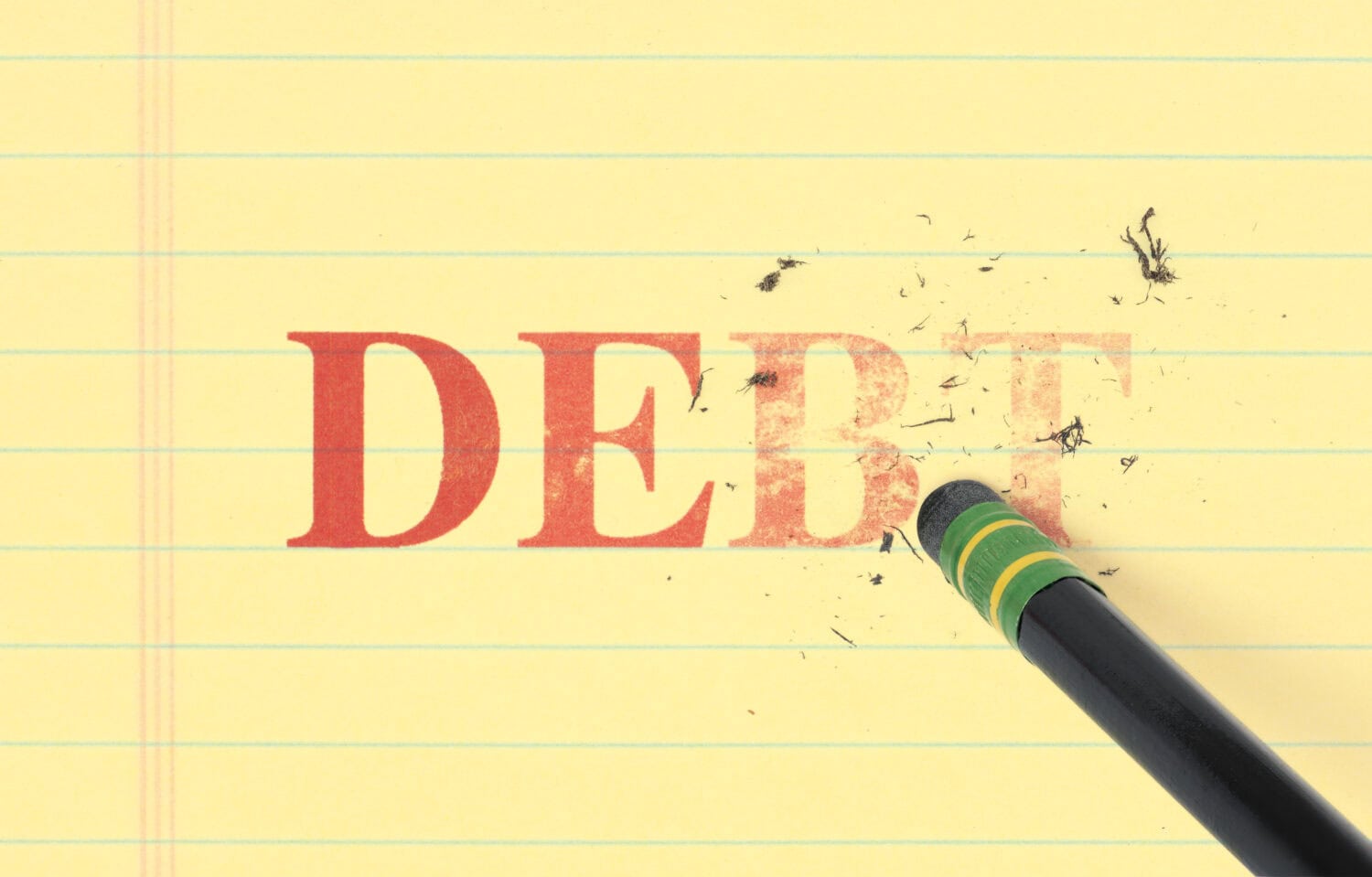
Canadian investors are familiar with Alimentation Couche-Tard (OTCMKTS:ANCTF), a Montreal-based convenience store owner and industry consolidator. It’s grown from one store in 1980 to 16,740 worldwide, including 7,131 in the U.S.
Its DNA is in mergers and acquisitions. It’s done so many over the years that it’s hard to keep track. Its most recent acquisition was also its largest. In 2023, it paid $4.4 billion for approximately 2,200 locations in Europe owned by TotalEnergies (NYSE:TTE), one of the world’s largest oil and gas companies.
On August 19, Couche-Tard confirmed that it had sent a friendly offer to Seven and i Holdings Co., Ltd. (OTCMKTS:SVNDY), the Japanese owner of 7-Eleven convenience stores.
While no numbers were released, its current market cap is approximately $38 billion. Couche-Tard would have to pay a significant premium to be successful in a country that generally frowns on significant acquisitions by outsiders.
Although 7-Eleven has considerably more stores — 85,000 worldwide or five times as many as Couche-Tard — the Canadians have a much larger market cap.
Regardless of whether Couche-Tard is successful, Americans might want to consider buying its stock before the outcome is decided.
Here’s why.
24/7 Wall Street Insights
- Alimentation Couche-Tard (ANCTF) could use the investor exposure.
- It will need to find debt and equity investors.
- Warren Buffett would be a good sugar daddy.
- If you’re looking for some stocks with huge potential, make sure to grab a free copy of our brand-new “The Next NVIDIA” report. It features a software stock we’re confident has 10X potential.
Greater Investor Interest Should Push Its Share Price Higher

Despite being the second-largest convenience store owner in the world behind 7-Eleven, Couche-Tard is not a household name with many investors outside of Canada. That’s true even though it has made more than 10 acquisitions south of the border in the U.S.
If you own an independent convenience store chain somewhere in the world, you know who the company is. However, outside the industry, that’s not the case.
Whether this massive undertaking is successful, the company will gain significant exposure and receive tremendous amounts of free investor relations publicity. Ultimately, I believe this will lead to the company listing its shares in the U.S., perhaps even delisting from the Toronto Stock Exchange, as Lululemon (NASDAQ:LULU) did many years ago.
With or without 7-Eleven, the exposure should push its shares higher.
Couche-Tard Will Pay for the Deal With New Debt and Equity

Couche-Tard, according to sources close to the situation, the company plans to pay for its acquisition by issuing a large amount of debt and through new equity funding from some of the pensions that own its stock.
If anyone can accomplish all of this, it is its founder, Alain Bouchard, who is Chairman, and Brian Hannasch, its long-time American CEO.
“A leveraged acquisition of the Japanese company would be feasible because of its strong cash flow, which will help to pay down debt quickly, said the people, who asked not to be identified because the information isn’t public,” Canada’s Financial Post reported on Aug. 26.
“Seven & i generated ¥335.6 billion (US$2.4 billion) in cash during its latest fiscal year, roughly double the average among global peers, according to data compiled by Bloomberg.”
One thing that Couche-Tard is very good at is integrating acquisitions, including quickly paying down debt. It has a long history of success in doing so, so you shouldn’t bet against its success.
It’s also successfully disposed of assets in past acquisitions that regulators asked to be divested as part of the approval process. I’m sure it will do, within reason, whatever Japanese regulators request to complete the deal.
But first, it’s got to get its ducks in a row.
A Surprise Investor for Deal Funding

There is a deep-pocketed investor who is familiar with helping fund large acquisitions. Conveniently, this investor has lots of cash on hand to make it happen quickly.
I’m speaking about Warren Buffett, whose Berkshire Hathaway (NYSE:BRK.B) just became the 8th trillion-dollar company. As of June 30, Berkshire had $277 billion in cash on its balance sheet, more than enough to help Couche-Tard finance its deal.
Two other things about Buffett that don’t hurt.
First, he’s a big fan of Japanese companies. He owns between 7.5% and 8.6% of five of the country’s biggest conglomerates, known as trading houses. He plans to hold though indefinitely.
Secondly, Berkshire owns Pilot Travel Centers, acquiring the final 20% in January for $2.6 billion. Pilot has 650 travel centers and 75 fuel-only locations across 44 U.S. states and five Canadian provinces, primarily under the names Pilot or Flying J.
The man understands the industry. It also doesn’t hurt that he loves Cherry Coke. He probably wouldn’t mind a Cherry Slurpee occasionally as part of his compensation for helping out.
At Berkshire’s May annual meeting in Omaha, though, Buffett hinted that the company was considering investing in a Canadian company.
“We do not feel uncomfortable in any shape or form putting our money into Canada,” CNBC reported his comments from the meeting. “In fact, we’re actually looking at one thing now.”
I’m not suggesting that Couche-Tard is the “one thing,” but certainly, the timing seems right for his participation in any attempted acquisition of Seven & i Holdings.
It’s Your Money, Your Future—Own It (sponsor)
Are you ahead, or behind on retirement? For families with more than $500,000 saved for retirement, finding a financial advisor who puts your interest first can be the difference, and today it’s easier than ever. SmartAsset’s free tool matches you with up to three fiduciary financial advisors who serve your area in minutes. Each advisor has been carefully vetted and must act in your best interests. Start your search now.
If you’ve saved and built a substantial nest egg for you and your family, don’t delay; get started right here and help your retirement dreams become a retirement reality.
Thank you for reading! Have some feedback for us?
Contact the 24/7 Wall St. editorial team.





